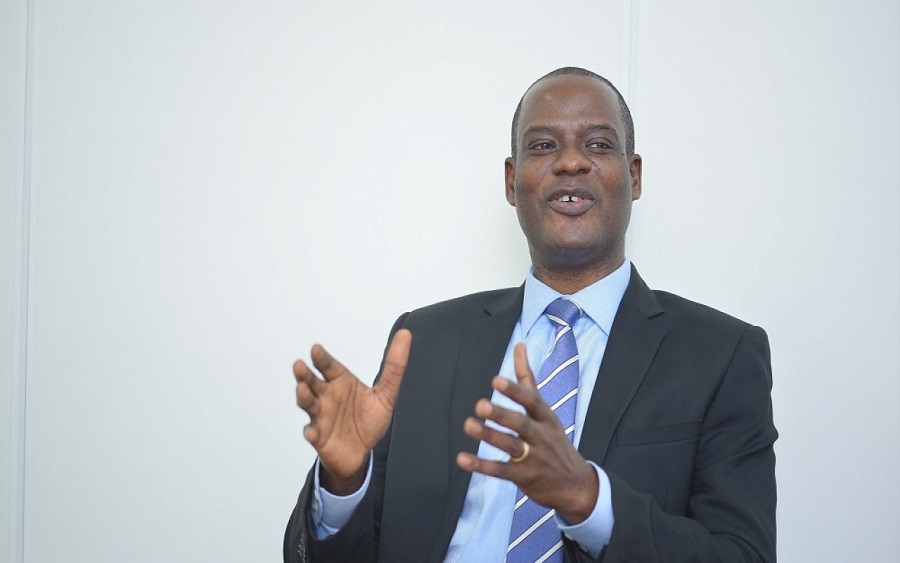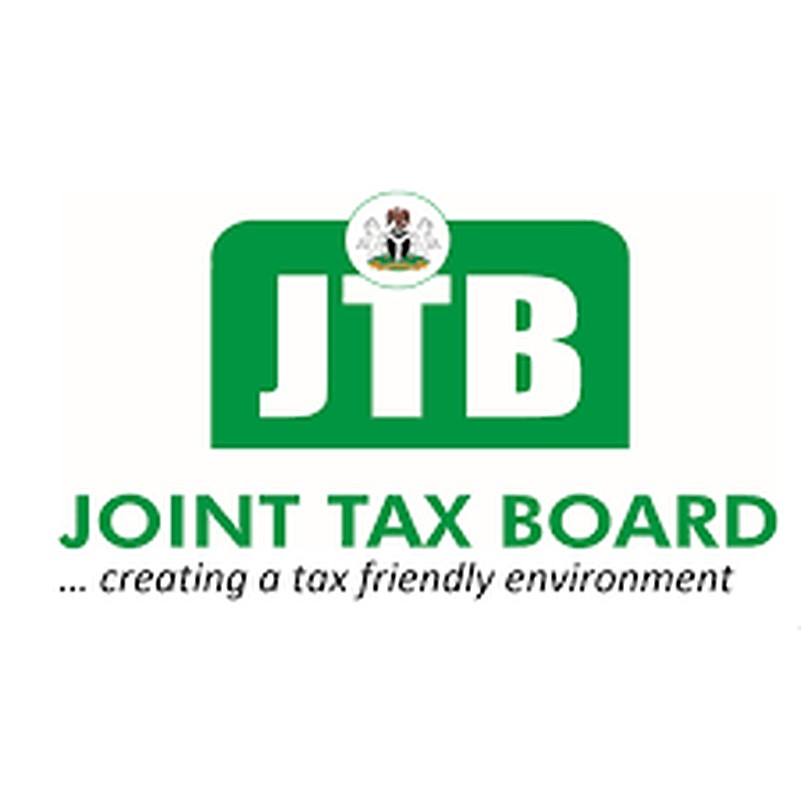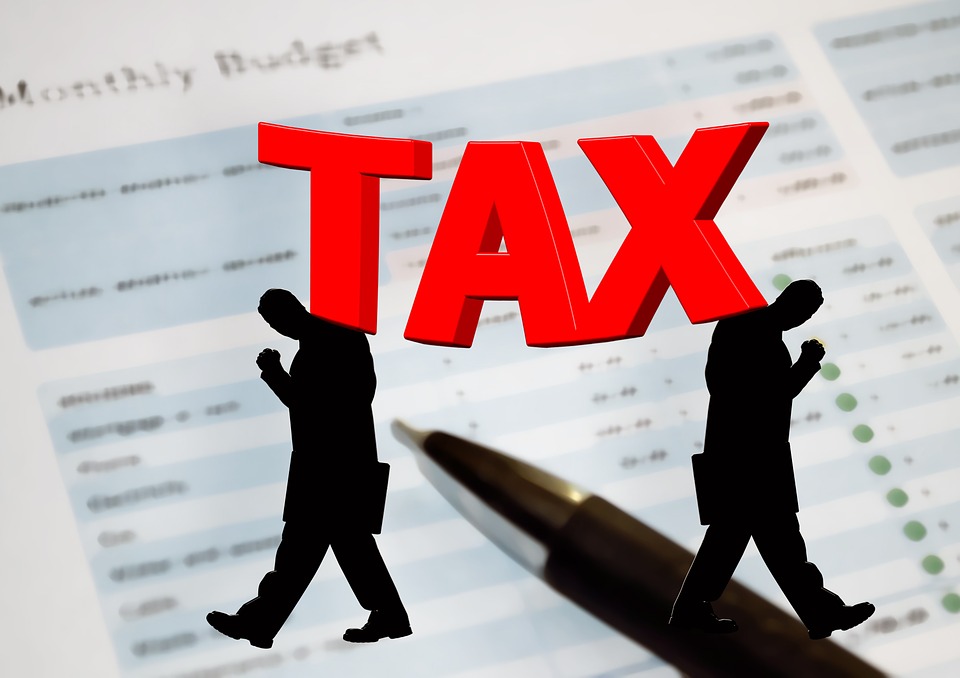The Chairman of the Presidential Committee, Tax and Fiscal Policy Reform, Taiwo Oyedele, on Friday, expressed concern over the implications of the country incurring losses of up to N6 trillion annually in tax waivers, which is about the same amount it generates in revenue.
Oyedele while featuring on a Channels Television programme, Sunrise Daily, on Friday, November 24, 2023, also questioned the economic viability of the enormous tax waivers, admitting that the country had failed to measure their impact on the economy.
Oyedele said, “This is really the part that makes it painful because it would then appear like you just wasted the money you didn’t even have in the first place, and those numbers are huge compared to our revenue base.
“If we were a country where we’re making N60, N70 trillion and we gave away, maybe we would say, ‘We can live with it.’ But the revenue generated by the FIRS in 2021 the year before the last was just barely N6 trillion. And then you give that away in tax waivers and incentives.”
READ ALSO: Lagos digitalizes tax collections for hotel, restaurants, others
The tax reform committee chairman however noted the importance of exemptions from value-added tax (VAT) on essentials, including basic food items and medical expenses.
He said, “Like now, I’ve requested that the government suspend VAT on diesel for very obvious reasons as well as suspend VAT on import duties [and] CNG. There are things you have to do part time because, at the end of the day, governance is about the people,” he said.
“You may not be able to immediately measure the economic impact on those, but you, of course, can tell the social impact.”
Oyedele argued that without such interventions, the country would “go up in flames,” adding that people could find themselves on the streets if they find life “completely impossible” and they believe that the government is being insensitive.
READ ALSO: Digital FX, taxes on Naira, 18 recommendations by tax reform committee at a glance
He added, “Having said that, the other waivers, whether those waivers are to do with income tax exemptions, duty and VAT waivers for some businesses, even the Free Trade Zone Area, where people can operate physically within Nigeria but, by law, we would assume that they are not within Nigeria and then they get all manner of waivers from duties to VAT and income tax.’’
Oyedele noted that the tax reform committee is considering the manner of these waivers an important area of focus and is going through these incentives individually, interrogating them.
Oyedele said as much as possible, the committee is building “sunset provisions” into those incentives, explaining that one might find that a policy that is beneficial to the nation’s economic circumstances in 2023 could be irrelevant in two years or less.
He noted, “But it could also be maybe another five or 10 years. But whatever it is, we will be using data and engagement with stakeholders to decide and design, ‘How long do we need the incentive for?’ and put those subset clauses in the law, so that it wouldn’t be another 20 years before we realise that we’ve been losing money for so many years in the past, as we have seen historically.’’

 Health6 days ago
Health6 days ago
 Entertainment1 week ago
Entertainment1 week ago
 Crime6 days ago
Crime6 days ago
 Education1 week ago
Education1 week ago
 Health1 week ago
Health1 week ago
 Comments and Issues7 days ago
Comments and Issues7 days ago
 Football1 week ago
Football1 week ago
 Latest7 days ago
Latest7 days ago








